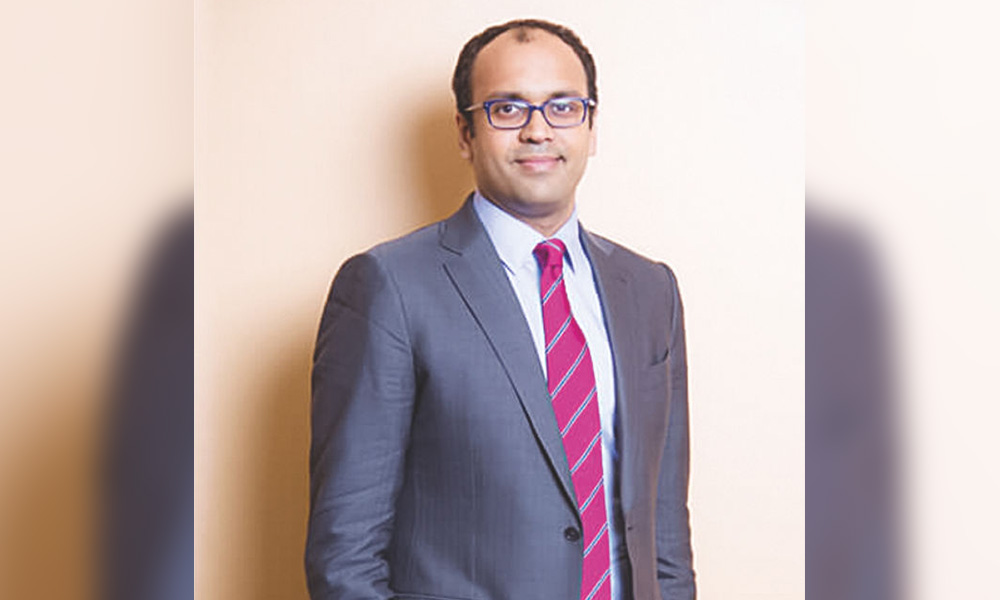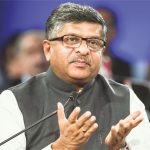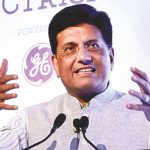The move is to ease operations in inhospitable mountainous region, especially for airlifting the transmission towers higher in the hills
May 7, 2016

Sterlite Power Transmission.
Infrastructure projects in hilly regions are unimaginably slow because of the dearth of faster commutation of logistics. It is not rare to witness a pack of mules carrying heavy infrastructural loads to high places in the mountains; the entire process is too tardy and often protracts the stipulated project time owing to a number of mules falling ill, or dying.
To come out of this transportation deadlock, Sterlite Power Transmission will deploy heavy-lift helicopters to carry heavy engineering goods to such projects situated in high hills. At least that’s the idea of Mr. Pratik Agarwal, the new CEO of Sterlite Power Transmission. The mega transmission project that would have required 5,000 mules to station 160 transmission towers in the state will now need none as the company is bringing in heavy-lift helicopters from American firm Erickson to airlift the towers to the mountainous regions. The move was reported by a leading Indian business newspaper, which interviewed Pratik Agarwal.
The news daily further reported that this is among the first few technology measures Agarwal is introducing to the company, which is in the process of demerging from Sterlite Technologies to avoid quarterly shareholder gaze. He has also tied up with Sharper Shape of Finland to fly drones to monitor grid disturbances, and with Burn & McDonnell to bring in new technology and design into transmission.
“I don’t think the next 30 years in power transmission will be anything like the last 30 years,” Agarwal told the newspaper. “The problems of tomorrow will need investments in research and development, talent, patents and may be the use of new tools like big data analytics and virtual reality,” he said.
The lack of land to build new transmission towers, integration of renewable energy and rising grid outages due to climate change will be some of the biggest problems the power sector will face in the future, Agarwal was quoted as saying. He also said the only way to transcend these challenges is through the use of disruptive technology.




